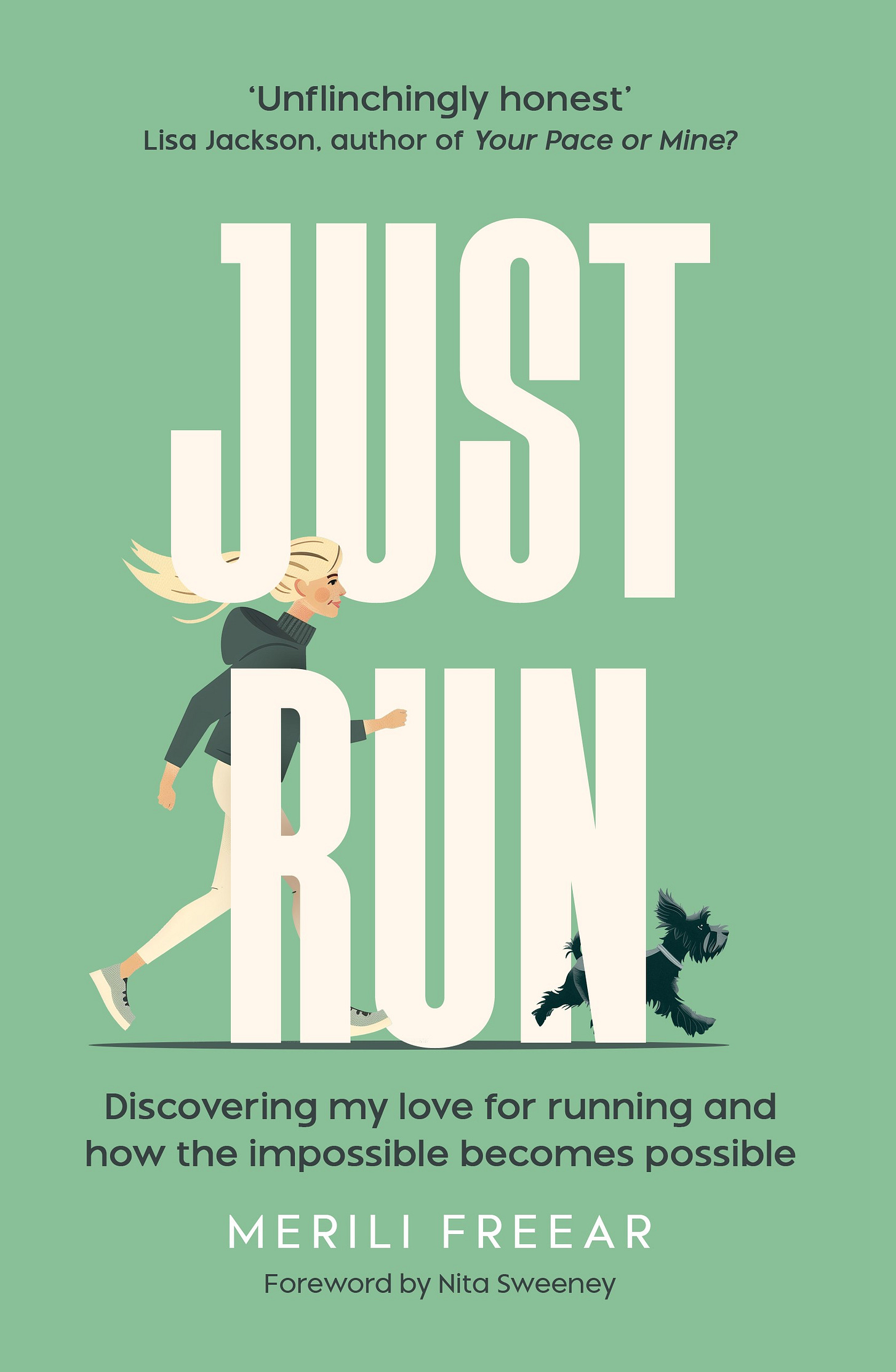Most marathon training plans will include five sessions a week, with a mixture of easy, tempo and harder runs. But the truth is, you can run a marathon on three training runs a week.
Marathon training has to fit around your life / work and for some women it is just not possible to train five times a week - nor is it desirable. I learnt this from one of my own athletes.
I used to sit firmly in the ‘five times a week’ marathon training camp, having been indoctrinated by this approach by a number of male running coaches. But then I had an athlete who was adamant that she only wanted to train three times a week. I thought she was a little bonkers but I created a plan to meet her needs. She got through the whole plan uninjured and ran the marathon in just over four hours.
From that athlete onwards my attitude changed and I became far more adaptable in the way I approach my clients. I assess their goals, time availability, cross-training activities and motivation, and come up with a bespoke plan. Sometimes it is three runs a week, sometimes it is five or six.
The point is that everyone is different, has different goals and needs a different approach. Following a rigid five-runs-a-week marathon training plan might not work for you.
To dig into this a bit further I spoke to runner and England Athletics coach Merili Freear who is the author of Just Run.
Hello! Tell us a bit about yourself
I’m a mother and a wife, and my family are the most important part of my life. I have an active seven-year-old son and I’m also a dog mum to a 3 ½ year old standard Schnauzer, who I also canicross with. They both keep me very busy!
I’m also the author of a running book, Just Run, an ultrarunner, and a running coach. I’m passionate about running and its benefits for mental health.
I’m originally from the small country of Estonia, but I now live in rural Lincolnshire, England. By trade, I am an internal auditor, but I left my auditing career after my son was born, and I’m now working on more creative type projects. I’m always keen to learn new things, and I love books.
When did you start running and why?
I started running during the 2020 Covid-19 lockdown to manage my mental health and to have a reason to get out of the house. I never thought that I would stick with it. I’d tried running in my teens and twenties, but I never really enjoyed it. This time however, things were different, and I was hooked soon after starting. Running gave me a sense of accomplishment outside of my everyday life and quickly became a passion for me, offering both physical and mental health benefits.
I run mostly alone, and running has taught me to be more present and mindful, which I find is a crucial skill to have in our busy lives. Running also showed me that I am capable of more than I ever thought.
What do you enjoy most about running?
What I enjoy most about running is the freedom it gives me. It’s my time to think, reflect, and connect with myself. Running also allows me to explore new places and meet incredible people in the running community. It’s more than just exercise; it’s an important tool in my mental health toolkit and helps me manage my depressive episodes.
Why did you decide to write a running book?
I decided to write a book about my running experience because I wanted to inspire others to find joy in running and to show that you don’t have to be a professional athlete to achieve your goals. I wanted to share my journey, the lessons I’ve learned, and the strategies that helped me succeed, even when I didn’t have a lot of time to train. My goal was to motivate others to get out there and just run, regardless of their starting point.
Tell us about training for a marathon on three runs a week
Training for a marathon on just three runs a week was about making the most of my time and focusing on quality over quantity. My schedule typically included one long run, one speed or interval session, and one tempo run each week. This approach allowed me to build endurance and speed without overtraining. It was about finding a balance that worked for me and my lifestyle.
A lot of marathon plans have five runs a week. Why did you decide on three?
I decided to keep it to three runs a week because I wanted to prove that you don’t need to run every day to be successful. By focusing on fewer, more targeted sessions, I was able to reduce the risk of injury and burnout while still making significant progress in my training.
I might not run five times a week, but I am still cycling, walking, and doing strength training on the days when I don’t run. I am not a gym goer, but I do my strength training routines at home. I think all of this has had a positive influence on my son, who happily joins in on some of my sessions.
What's your next running challenge?
After successfully completing my second 40-mile ultra this May, I’m now going to be at the start line of a 100 mile race in less than a month. It’s a scary goal, and I have thought about pulling out several times. I have decided to go to the race with an open mind, do my best, and, most importantly, believe that it’s possible.
Just Run isn’t a book about achieving sub-3-hour marathons or maintaining a running streak for a decade. Instead it follows an ordinary runner’s journey – embracing highs, overcoming lows, and finding inner strength. It's for all runners, but especially beginners or anyone who has ever thought about running, offering insights and practical advice on building a running habit.
Thanks for reading this week’s newsletter. If you have any running news for me, let me know! Feel free to send feedback to lilycanter@yahoo.co.uk or suggest topics you’d like me to cover.







